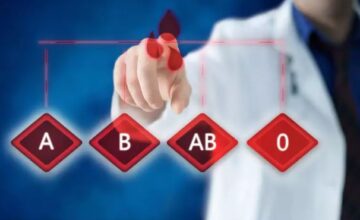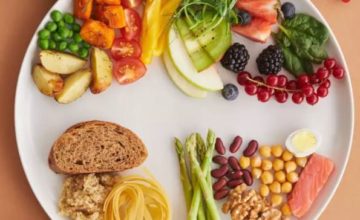
Anaemia is a condition where your body’s blood lacks an adequate amount of healthy red blood cells, which carry oxygen to the body’s tissues.
Although there are various factors responsible for the decreased production of red blood cells in the body, deficiency of iron and folate are the major causes.
With the consumption of foods rich in iron and folic acid one can increase their haemoglobin levels.
The lack of iron in your diet can cause health issues such as iron deficiency and anaemia.
All about iron deficiency: anaemia
Iron-deficiency anaemia is most common and as the name implies, it occurs due to insufficient iron, due to the lack of blood supply and the lack of iron-rich food in the diet. Iron is one of the essential nutrients that is needed for the growth and development of the body as it makes the haemoglobin, myoglobin and some hormones. Usually, the symptoms of iron deficiency anaemia are mild at the starting stage. As the deficiency increases, the symptoms become more evident.
Some of the symptoms one with iron deficiency anaemia might experience are weakness, pale skin, headache, chest pain, extreme fatigue and chest pain. A diet appropriate for anaemia will also look at combating these symptoms.
How to reduce the risk of iron deficiency anaemia
You can reduce your risk of iron deficiency anaemia by including iron-rich food in your daily diet. There are two sources of iron in the diet which are heme and non-heme. Heme iron can be found in animal products such as meat and seafood. This iron is well absorbed by our bodies. The non-heme iron is from plant sources like leafy greens. This type of iron isn’t absorbed well by our bodies, compared to heme irons.
Heme iron sources include:
- Poultry
- Beef
- Meat and meat liver
- Tuna
- Oysters and mussels
Non-heme iron sources include:
- Lentils
- Beans
- Nuts and seeds
- Spinach and greens
- Breakfast cereals
The key to improving your body’s absorption of iron is to add some vitamin C to your diet. The impact will be higher if vitamin C is added along with non-heme iron. Some of the vitamin C sources are cauliflower, citrus rich fruits, broccoli, brussels sprouts, watermelon, bell peppers, and berries (strawberries, raspberries, blueberries), potatoes, tomatoes, pineapple and melons.
To conclude, it is a well-known and straight fact that anaemia cannot be overcome with a particular food or dietary supplement. It needs an overall or a combination of food intake regularly!




